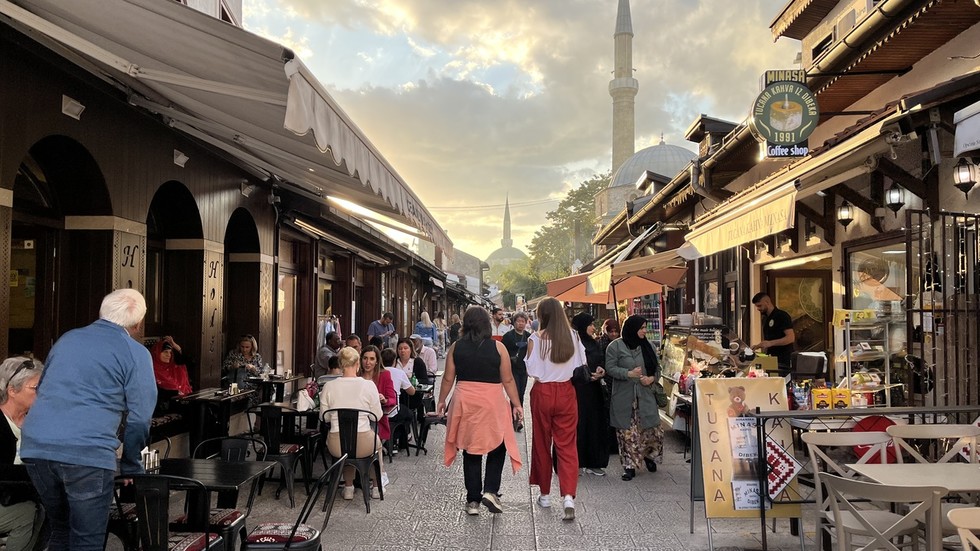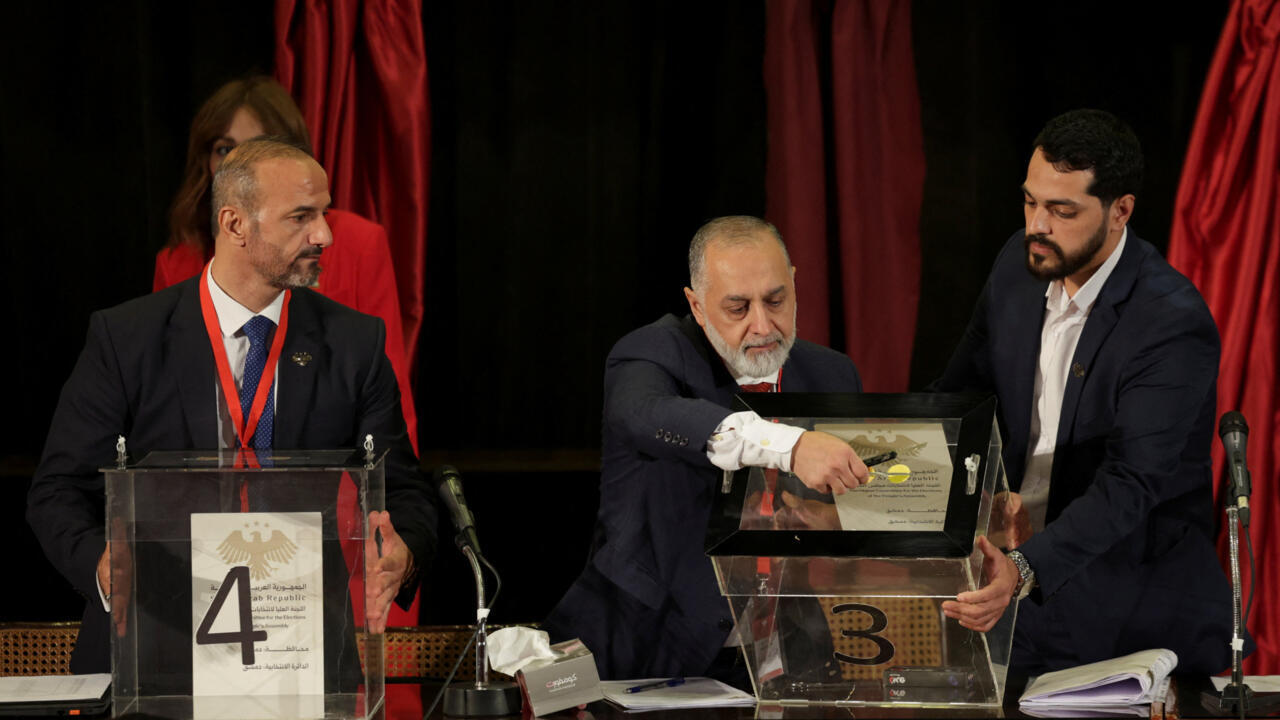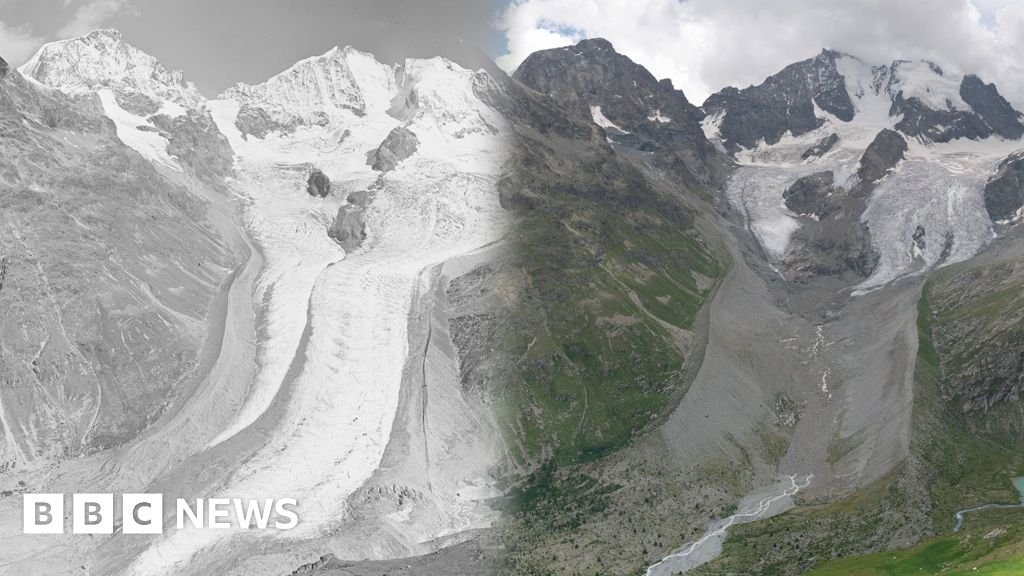Moldovans have voted in what is arguably the country's most pivotal election since independence in 1991. Our guest says that there was "a big danger that pro-Russian forces might have drawn Moldova into Russia's war against Ukraine". But that danger was averted, and voters gave a clear thumbs-up to Moldova's European future and its desire to join the EU. We analyse the result of this parliamentary vote with Nicu Popescu, a former deputy prime minister and former foreign minister of Moldova.
"If you look at recent elections in Europe in the last three years, you would see that most incumbents lost in Italy, in the United Kingdom, in Germany, in Poland, in Slovakia, in the United States," Popescu points out. "People have mostly voted against incumbents. So this makes the victory of the governing team in Moldova really exceptional by European standards."
Popescu elaborates: "The levels of inflation, the economic shock of high energy costs have been bigger on Moldova than they were on Germany or France. And yet Moldovans voted this way because they want to live in a country that is democratic, European and at peace. And there was a big danger (in this election) that pro-Russian forces might have drawn Moldova into Russia's war against Ukraine."
Popescu details the hybrid warfare that Moldova has experienced – something the Kremlin dismisses as an attempt to distract attention from Europe's problems. "When you say hybrid war, for example in France or Germany, people think of disinformation on social media, and we had a lot of that in Moldova," Popescu states. "We had a lot of cyberattacks on the Central Election Commission’s critical infrastructure. All of that has been happening. But beyond that, Russians have been pumping hundreds of millions of euros into the political system, paying party activists, corrupt journalists, corrupt experts, paying for leaflets for a lot of things that are completely illegal. Russians laid out a scheme where they distributed at least 140,000 bank cards so that they can pay people for their votes. So this was a massive vote-bribing scheme."
On the recent drone incursions into EU or NATO airspace, Popescu says: "It's a message to scare the Europeans, to say, 'Don't invest in your defence. Be afraid of Russia. Don't help Ukraine, otherwise it will get worse.' Between 2008 and 2022, European leaders missed the fact that Russia is militarising, and they did not take the threat seriously. And we see the result of that today. Europe doesn't have enough means to protect its airports from drones; doesn't have enough means to have sufficient artillery shells to help Ukraine; doesn’t have enough means to keep the Russian military as far away from the rest of Europe as possible."
We ask Popescu about Moldova's EU membership process, and whether there is "enlargement fatigue" among existing EU members states.
"The cost of enlargement is a real issue, but a smaller EU would have been today at the mercy of lots of other hostile powers," he counters. "A bigger Europe is a stronger Europe, and that makes French citizens richer and live in peace. Europe consists of mostly small countries. So you add Moldova, you add Slovakia, you add Estonia, you add Portugal or Ireland, and you make Europe more peaceful."
Will problems with corruption and the judiciary hamper Moldova's EU membership? "Four years ago, when the Party of Action and Solidarity (PAS) came to power, Moldova was on 115th place on the Corruption Perceptions Index," Popescu replies. "In the last four years, Moldova improved by roughly 50 places. That's amazingly good progress. But it's also obvious that we need to do a lot more. There is still a lot of corruption left. And this is what people understood (in the election). They saw progress and they want a continuation of that progress."
Programme prepared by Oihana Almandoz, Perrine Desplats and Paul Guianvarc'h











 English (US) ·
English (US) ·